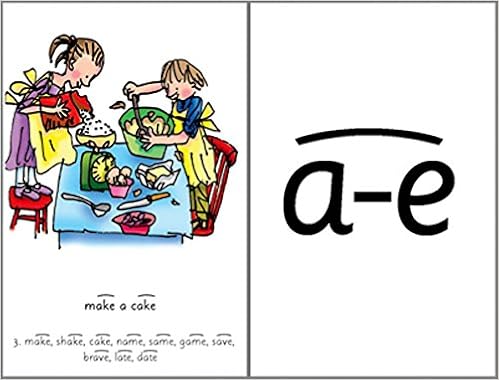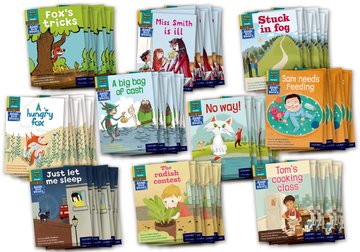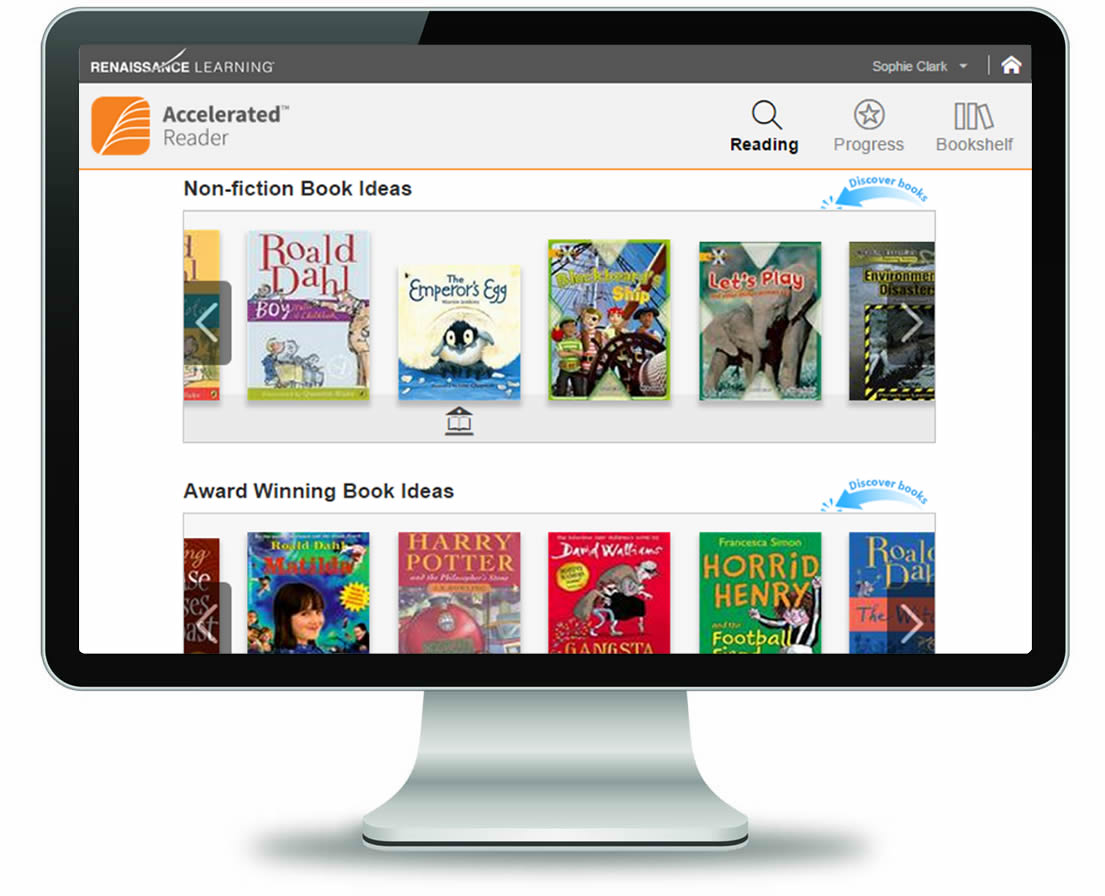Staindrop CE Primary School and Pre-School
Learning, Laughter & Friendship
Head Teacher: Mr S Whelerton
Acting Deputy Head: Mrs C Harland
Telephone: 01833 660 334
Head Teacher: Mr S Whelerton
Acting Deputy Head: Mrs C Harland
Telephone: 01833 660 334
Reading:
Reading is at the heart of our curriculum and we ensure our English curriculum gets children into books right from the start. From the important foundations using our systematic and structured Phonics program to our wizarding Library, Giant reading beds, playground Book Nook and well-stocked class reading corners- we make sure our school oozes books at every turn. Our Staindrop Book Awards excited staff, pupils and authors alike. Reading whole class quality texts as a basis for literacy and many other subjects makes sure that children are exposed to the best in children’s literature and a full range of genres. Many books studied are the first in a series in order to encourage children to develop reading on for pleasure. Poetry, non-fiction, digital texts and picture books feature through the English syllabus from EYFS to Year 6.
Phonics
We follow the Government approved, systematic synthetic phonics program: Read Write Inc for our phonics teaching. Sessions run for 40 minutes a day in small groups where children are taught to recognise sounds, read decodable green words, red tricky words and alien words. They then practise spelling these words and writing them down. Children are taught to apply their phonics skills and improve fluency through the Read Write Inc story books in used during these sessions.
All staff receive training and regular updates. we have 3 development days per year where staff receive coaching to ensure continuity and ensure high levels of staff confidence in delivering these sessions.
Children’s progress in phonics is closely tracked and children are regularly assessed and regrouped as appropriate. The Reading leader tracks progress and identifies children who require 1:1 intervention which is then implemented in order for children to catch up. For any children in KS2 that need further support we use 1:1 phonics tutoring to continue their phonics journey.
EYFS/KS1 Home Reading Books
PHONICS MATCHED BOOKS
Home reading books are phonics based and exactly match our phonics program to ensure books closely match the sound being taught in lessons. Children take these home every three days and parents are encouraged to support their children in reading these. The systems for parents to hear their children read is:
Read1 : Read and decode
Read 2: Read for fluency
Read 3: Read for expression and understanding
There are also activities and questions for them to complete in the front and back of the books. We support parents with our twice yearly Reading Workshops to help develop their confidence when reading with their child and to promote the importance of regular reading practice.
Children progress through the reading levels inline with our phonics program and this is again closely tracked. Once children have completed our phonics program they move onto the Accelerated Reader program which supports teachers to match them on the correct level books whilst also tracking their comprehension of what they read through AR quizzes. Once on the Accelerated Reader program, children earn points for reading different books and are rewarded when they hit their targets.

READING FOR PLEASURE BOOKS
Each week children can choose a reading for pleasure book from a selection of high quality fiction & non-fiction picture/chapter books to take home and share with their grown ups.
KS2 Independent Reading Books
Once the children have completed their phonics journey, children choose independent reading books from the School Library and class book corners. Teachers guide pupils to choose appropriate texts, and the school library has been recently re-organised in a way that supports children in finding books that interest them. We use the Accelerated Reader program to track progress and encourage pupils to read. Online Star tests identify children’s current reading levels and this also helps staff to guide children to choosing books at an appropriate level. On completing books children take a short comprehension quiz and aim to score 100%.
We use digital reading records ‘Boom Reader’ to enable communication around pupils reading between home and school. All adults in school can log in and create records when they have read with a child. Pupils and parents can also log in at home to quickly and easily record reading. Comments enable teachers and parents to develop a conversation around reading. While pupil comments enable children to voice their opinions on reading.
Various incentives run throughout the year where children can collect tickets for each 100% quiz scored and win Library trips, books or special experiences. This helps to incentivise reading and keeps children motivated to read and quiz.
Books can be chosen from our well stocked library, class reading corners, teacher VIP book shelves or books from home. We take children into the library regularly to model how to use and look after our books. Library monitors help take responsibility for keeping the library neat and tidy as well as providing recommendations and helping organise book displays.
When children have read a million words this is celebrated with a special certificate and a £5 book voucher.

To encourage and support pupils in choosing appropriate and challenging texts, we have developed out Staindrop Reading Routes which children can complete over their time with us.
Guided Reading
We use a whole class approach to guided reading in KS2. Whole class sets of books ( many sourced from Durham Learning Resources) are used. Texts are carefully mapped to link to books studied in Literacy lesson by genre, theme or Author. Several sessions a week are given over to reading the book, developing fluency (choral reading/echo reading/readers theatre) and class discussion. One session a week is planned to teach comprehensions skills such as skimming, scanning and text marking in order to answer questions related to Vocabulary, Inference, prediction, evaluation, retrieval or summarising known in school as VIPERS. These lessons consist of explicit teaching using model questions and practice questions, guided practice and independent practice. Other written tasks may be used to further their understanding of the text e.g. book reviews, story maps etc.
Literacy Teaching
Reading as a fundamental part of English lessons and units of English work are planned around and based on a quality texts. Texts are mapped out across school to link with topics where appropriate, and to ensure coverage of a range of genres, themes, fiction, non-fiction, poetry, plays, authors, classical texts, new releases and best -selling authors. Contact with authors is encouraged and frequently classes tweet or email authors being studied and gain responses.
Our literacy and Guided reading text overview:
STORY TIME
Daily story time in all classes is a non-negotiable of the school day. Teachers are supported by the reading leader to ensure they have access to a wide range of books to ignite a love of reading in their class. These story time (Read Aloud) books are mapped out across school to ensure a wide range of genres, cultures and diversity are included in the children’s reading ‘diet’.
Reading to Learn
We ensure that once children’s are fluent readers, they have wide opportunities to read across the curriculum-deepening knowledge and growing vocabulary. In each class, there is a WONDERBOX of Books for each term. these are a mixture of high quality non-fiction and fiction books based on topics covered in core & non-core subjects such as ART, MUSIC, HUMANITIES and SCIENCE. These books are mapped out across school. They also support teachers in choosing high quality books to share during daily story time.
Reading Spaces
The school environment is organised to promote reading and inspire children to read. We have an engaging library where children can choose books for home reading and non fiction books for research during lessons. In Ks1, children have access to the Reading for Pleasure library. Our playground ‘Zen Den’ and ‘Stable’ provide a sheltered places where children can go to be quiet and read at playtimes. We also host story times for the younger children read by the older pupils. In classrooms, appealing reading areas provide a place to sit or choose a book and are kept up to date with new releases and recommendations. Every teacher has a special VIP book shelf where they keep their latest books and lend them out to children to create a sense of awe and wonder around books. Often, teachers will order new books specifically requested by children and we have been known to have these delivered to children’s homes in the holidays. Our KS1 book gallery displays the books being read in classes to encourage discussions between staff and pupils across school. Reading is such a huge part of school life that teachers have even set up their own books clubs outside of school.
Celebrating Reading
We celebrate reading through our now yearly book awards. We start by taking pupils to our local book shop to choose the shortlisted books, followed by whole school readings of the books. Children and staff then vote for the winners. We contact the authors and are excited for their responses. Children write book reviews and share the awards via social media. World Book Day is celebrated every year in a variety of ways such as door decorating competitions, chair creating activities, a giant reading bed and dressing up. Author visits enhance the work we do in school. We hold termly accelerated reader competitions to encourage accurate quiz scores in ks2 and winners get to visit local libraries, book shops etc. Millionaire readers (pupils who have read 1,000,000 words) receive a book token for £5 and many often achieve this more than once in a year. We also award certificates when pupils complete a reading route and their achievement is celebrated both in school and at home.
We love hearing out pupils opinions on reading so every year we undertake a pupil voice questionnaire around reading so we can keep up to date with our pupils likes/dislikes and reading habits. we use this to help inform our action planning for the year ahead.